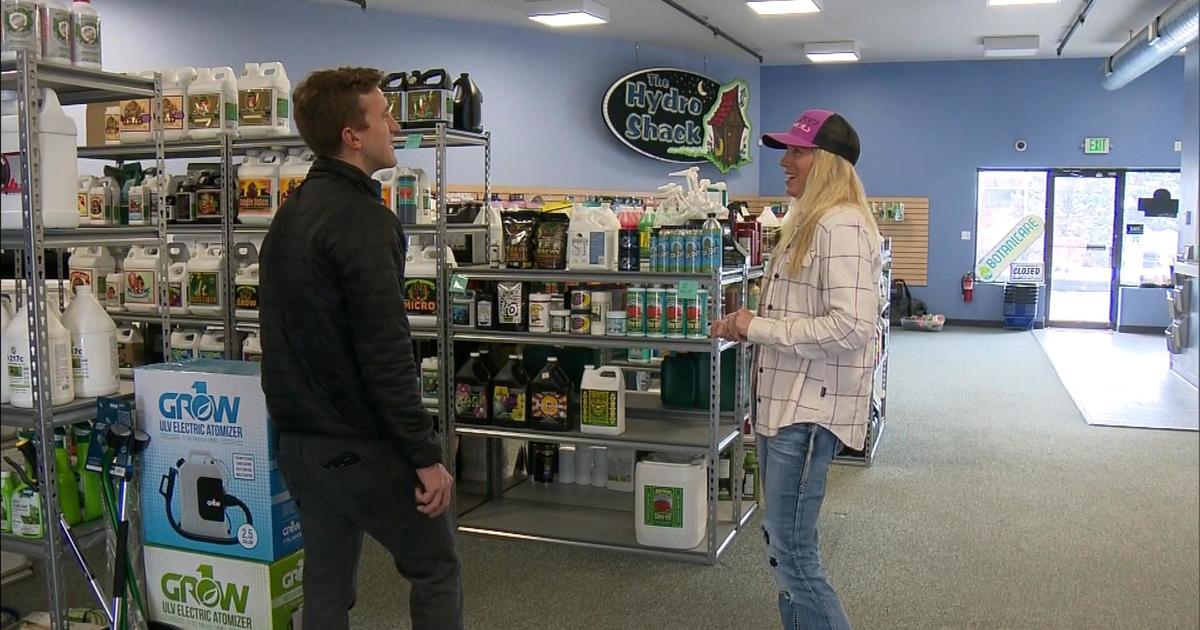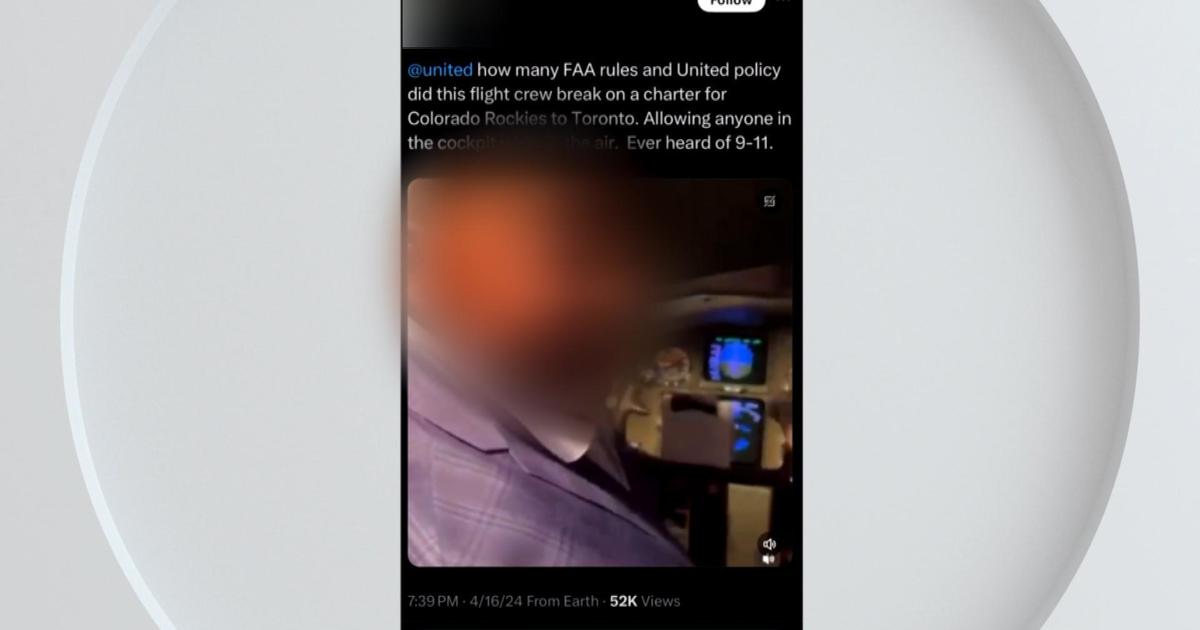Hepatitis A Outbreak Linked To Townsend Farms Frozen Berries From Costco
DENVER (CBS4)- Some 30 cases of hepatitis A have been reported in Colorado and four other states that have been linked to frozen mixed berries purchased from Costco.
The Colorado Department of Public Health and Environment is investigating along with the Centers for Disease Control and Food and Drug Administration in an outbreak of hepatitis A cases believed to be associated with Townsend Farms Organic Antioxidant Blend of frozen berries.
The first people became ill on April 29 and the most recent on May 21. Five of these cases are Colorado residents. The number of cases in Colorado and in this outbreak may change, because on average it takes 30 days to become ill with hepatitis A after eating contaminated food.
Townsend Farms Organic Antioxidant Blend frozen berries purchased from Costco appear to be the source of this outbreak. This blend includes cherries, blueberries, pomegranate seeds, raspberries and strawberries. Costco has removed this product from its shelves, although a formal recall has not been issued.
FDA is further investigating this product, including testing berries for the hepatitis A virus. The investigation may take several weeks to complete.
The Colorado cases reside in the Adams, Boulder, Clear Creek, Eagle and Jefferson counties. Three women and two men have become ill. They range in age from 35 to 71 years.
The state health department is asking people to check their freezers. If you have the product, dispose of it. Do not eat it.
The risk of contracting hepatitis A from eating these berries is low. However, if you have eaten Townsend Farms Organic Antioxidant Blend frozen berries during the past 14 days, contact your medical provider for an immunization. If you do not have a medical provider, contact your local health department.
The hepatitis A vaccine can prevent infection if given within 14 days of exposure. Some people should receive immune globulin instead of the hepatitis A vaccine. If you ate these berries within the past 14 days please discuss with your doctor whether you should receive the hepatitis A vaccine or immune globulin. If you have received hepatitis A vaccine in the past, you do not need to be re-vaccinated.
If it has been more than 14 days since you have eaten these berries, the vaccine won't be effective preventing infection. Please monitor for symptoms and contact your physician if you become ill.
Early signs of hepatitis A appear two to six weeks after exposure. Symptoms commonly include mild fever, loss of appetite, nausea, vomiting, diarrhea, fatigue, pain in the upper right side of the abdomen, dark urine and jaundice (yellow eyes or skin). It is very important if you have these symptoms that you do not go to work, especially if you work in food service, health care or child care.
The disease varies in severity, with mild cases lasting two weeks or less and more severe cases lasting four to six weeks or longer. Hepatitis A infection can be severe and can result in hospitalization. Some individuals, especially children, may not develop jaundice and may have an illness so mild it can go unnoticed. However, even mildly ill people can be highly infectious. People with symptoms suggestive of hepatitis should consult a physician immediately, even if symptoms are mild.
Hepatitis A virus is spread as a result of fecal contamination (fecal-oral route) and may be spread from person to person through close contact or through food handling. The virus is commonly spread by contaminated food or beverages. People are at increased risk of acquiring hepatitis A when they have been in close contact with an infected person.
For more information, please see the CDC website at http://www.cdc.gov/hepatitis/Choosea.htm or call COHelp at 1-877-462-2911.



